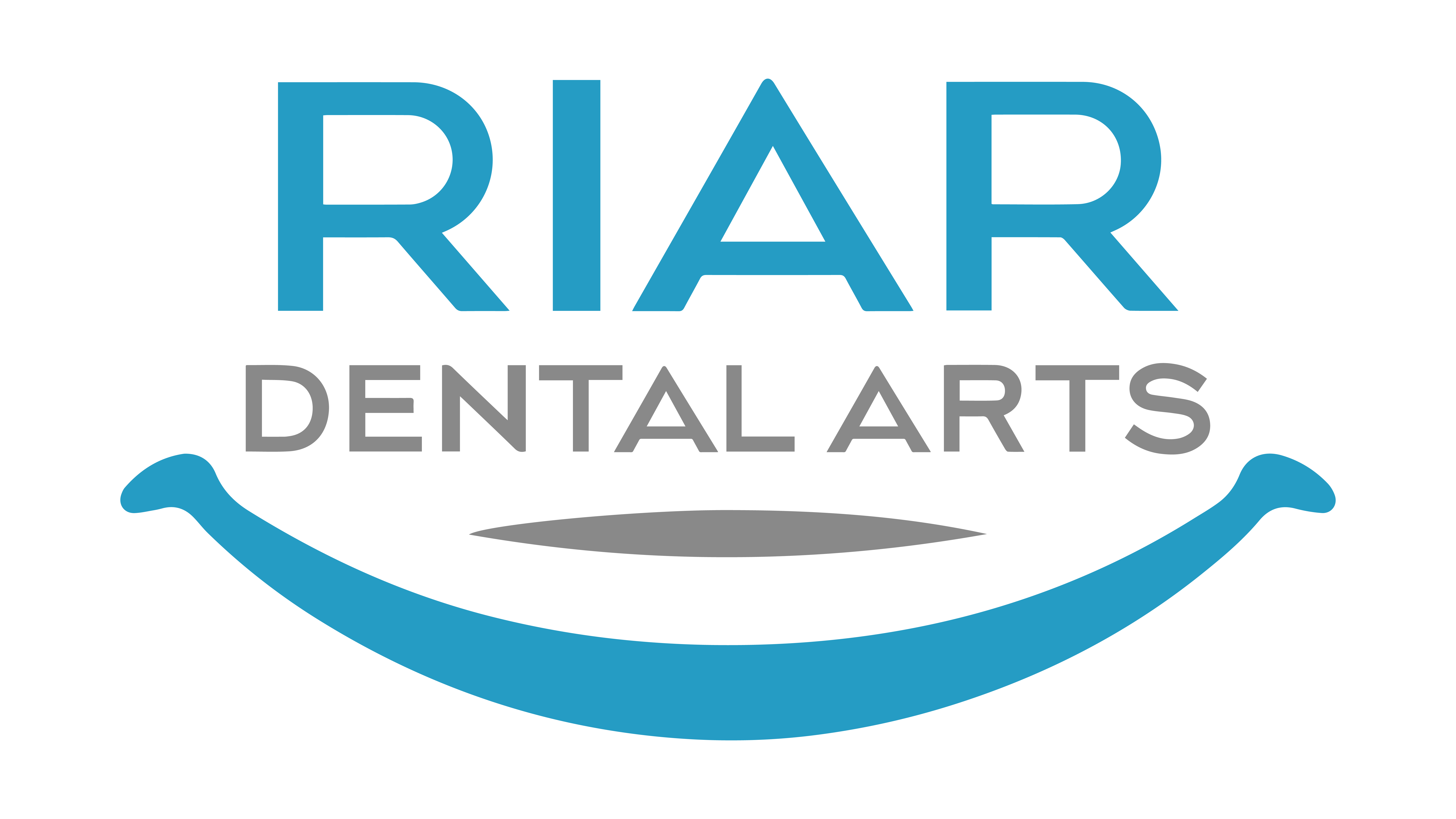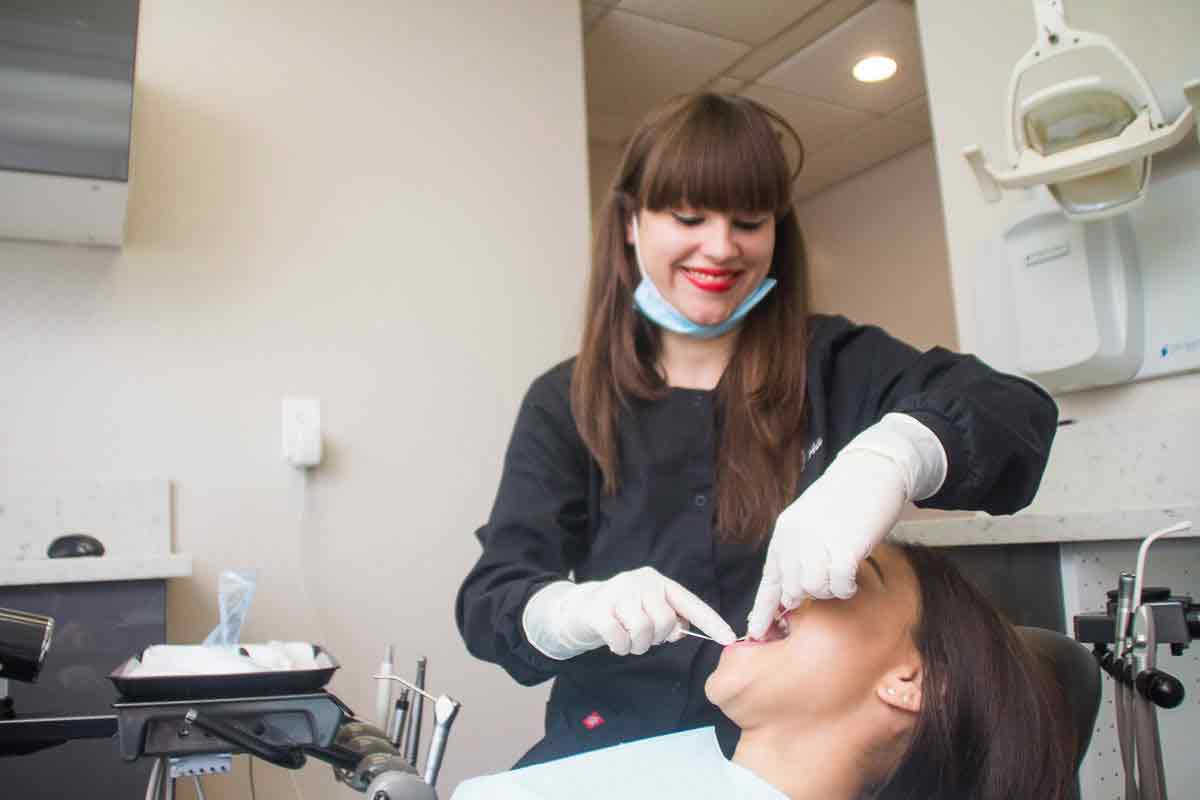Tooth Extractions
Restoring Your Smile For Better Health And Fit
First-Time Patient?
Call us for a Consultation, Exam, x-rays, and Cleaning!
Restore Your Smile For Better Health
At Riar Dental Arts we’ll do everything we can to help protect your teeth and keep them healthy. But if the time comes where a tooth or teeth have to be removed, we can help you to make the process feel gentle and heal smoothly. Whether it’s time to have one or more wisdom teeth removed or a decayed or damaged tooth cannot be saved, our team at Riar Dental Arts is glad to be your local restorative dentist. We act on conservative dental principles so you will never lose a valuable tooth unless it is the only option to restore your mouth to its proper health and function. After tooth extraction or tooth replacement with us your smile may look, feel and function healthier with a better cosmetic appearance.

What Is Tooth Extraction?
The most common tooth extraction is of the wisdom teeth when it starts to cause crowding in your teeth or to make room for a dental procedure that will improve your dental health. However, a tooth extraction may be necessary for many reasons, including severe damage or decay. One of the most common dental procedures, a tooth extraction can eliminate bacteria and improve your overall oral health.
A tooth extraction is a dental procedure during which your tooth is completely removed from its socket. Sometimes, people refer to this as “pulling” a tooth.
Healthcare providers prefer to save natural teeth whenever possible. But sometimes, other restorative methods — such as dental fillings or dental crowns — aren’t enough. If your tooth has been badly damaged past the point of repair, then removal may be necessary. Your dentist may recommend tooth extraction if you have:
- Severe tooth decay (cavities).
- A fractured tooth.
- An impacted tooth.
- Crowded teeth.
- Severe gum disease.
- Tooth luxation or other dental injuries.
Wisdom Teeth And You
RESTORING YOUR BITE AND HEALTHY SMILE
When your bite is affected so is the way you are able to bite, chew, and even speak. When wisdom teeth are allowed to grow they may have negative effects on your appearance and dental health: adjacent teeth may move or shift and your bite can change. Sometimes, wisdom teeth that are impacted (under the surface) or that grow sideways or irregularly will put stress and pain on the jawbone, nerves, and adjacent teeth. Removing obstructive wisdom teeth may be the only way to preserve the alignment of your teeth and protect the way you eat and speak.
Our Process
SIMPLE STEPS TOWARDS A BETTER SMILE
Nitrous (laughing gas) sedation is commonly used for patients who wish to feel calm and relaxed through the tooth extraction process. If the tooth or teeth are impacted below the gum line an incision in the gum is made to carefully remove the tooth in pieces. After tooth extraction you may be prescribed pain medication to aid in recovery. Sleeping on multiple pillows to elevate the treatment site as well as applying icepacks to the cheeks can help reduce swelling and improve a faster recovery time.
Recovering From Tooth Extraction
CARE AT HOME
For the first few days after a tooth extraction your dentist will recommend that you rest or resume your regular activities with caution. Smoking, or rinsing your mouth vigorously are not advised as they will damage the healing process. Your dentist will encourage that you eating soft foods over difficult-to-eat alternatives, clean your teeth gently while avoiding the extraction site, and take prescribed medications specifically designed to alleviate pain and help in your healing process. You can also prop your head up with pillows at night to control the blood flow from your gums, and apply ice to reduce any swelling. As always, we welcome you to call us immediately if you have any questions about your dental extraction.
Frequently Asked Questions
How Long Does It Take To Recover From A Tooth Extraction?
How long does it take to recover from a tooth extraction? It depends on the complexity of your case. However, most people feel back to normal in just a few days. While you’ll be able to return to routine activities within 48 to 72 hours, it usually takes the jawbone several weeks to heal completely.
Is A Tooth Extraction Painful?
What Are Things To Avoid After Tooth Extraction?
DO NOT: Eat crunchy or hard foods. Soft, easy-to-chew foods are recommended for the first few days. Examples of soft foods: pasta, smoothies, yogurt, soup, eggs, and potatoes. This will decrease your chances of damaging the extraction site, or getting food pieces lodged in the wound.
Can I Go To Work The Next Day After Tooth Extraction?
Some patients who undergo tooth extraction may want to take a day off from work just to make sure they can rest well and address the immediate side effects of the procedure. Other patients may not need to spend a day recovering. If so, they will be able to return to work the next day as long as it is not physically demanding.



